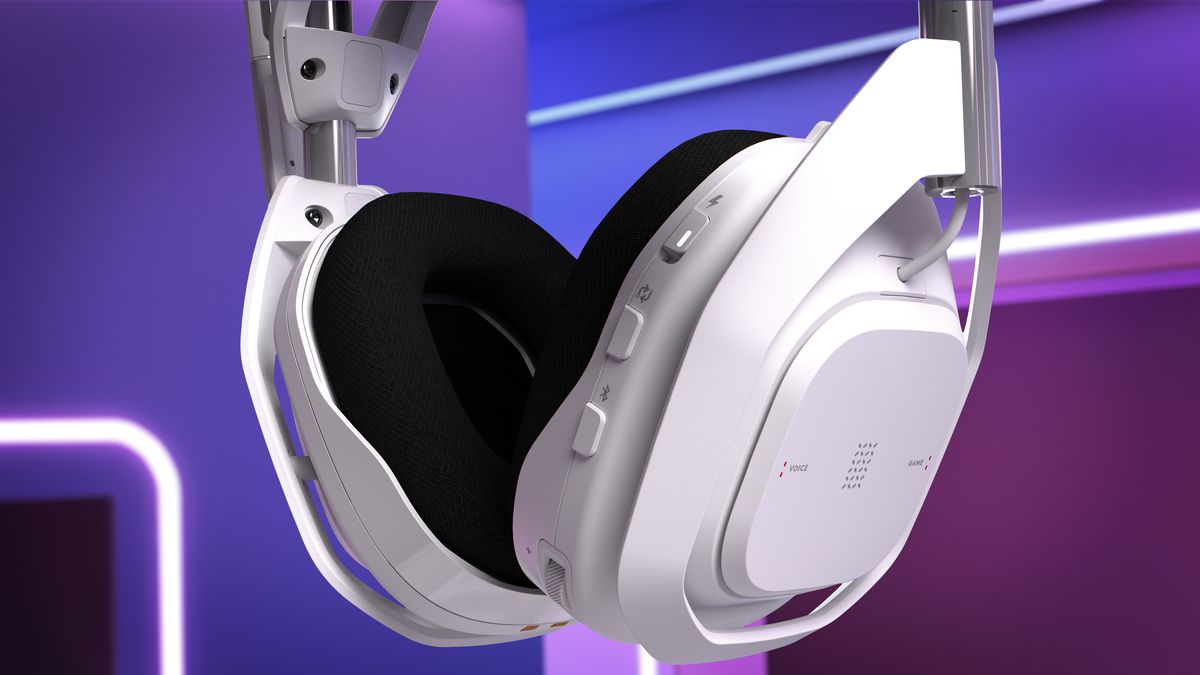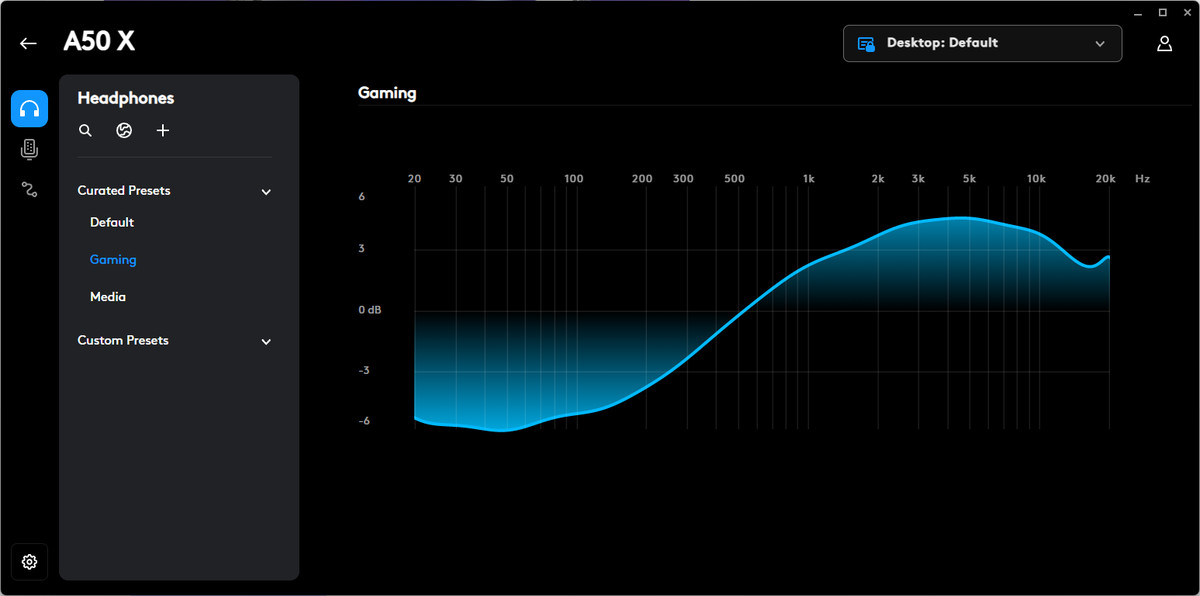Logitech's new cross-platform headset offers excellent features if you can afford it
At least once a year we're treated to incremental upgrades in headset designs from manufacturers like Razer, Steelseries, and HyperX. These improvements typically concern some of the more objective points of their peripherals, such as audio quality and battery life. However, Logitech's latest headset model, the Astro A50X, offers something more drastic.
In addition to the same excellent audio quality we've come to expect from Logitech headsets, the docking station for the A50X effectively acts as an HDMI switch, making the headset not only universally compatible, but also allowing you to quickly switch between HDMI inputs with a dedicated button on the headset. But at an eye-watering $379.99, it's hard to recommend this headset to all but the most frequent users.
The docking station is equipped with a pair of HDMI and USB-C inputs that can be used with PlayStation, Xbox and Nintendo consoles. You will also find a USB-C port that supplies power and can also connect the dock to your PC. The single HDMI 2.1 output is capable of full 4K 120Hz pass-through to your preferred display.
Setting up the entire system and organizing the countless cables required a significant investment of time, but in the end I thought it was a small price to pay for a single, unified headset that also allowed me to switch between the inputs on my TV. This is a pretty neat trick, but the console must be turned on via the controller in question for you make the switch so that this works well.
If you'd rather skip the docking station altogether, you can of course also pair the A50X with your phone, Switch or PlayStation via Bluetooth. However, you cannot swap inputs.

The sound quality of the Astro A50X is astonishing no matter what platform you play on, with no noticeable latency when used on 2.4GHz wireless. I tested the A50X with a few rhythm games with excellent soundtracks, HiFi rush And Metal: Hellsinger, on both PC and Xbox. The A50X had no trouble matching gameplay beat for beat, something my trusty noise-cancelling earbuds just couldn't match. The default sound profile is a bit bass-heavy, but you can fine-tune everything via the Logitech G app on your phone or PC.

The fit and finish of the Astro A50X will be familiar to anyone who has used an Astro A50 or A40 series headset. The ear cushions and headband are made of soft fabric and the headset can lie flat around your neck when not in use. The surface of the right earcup lets you adjust the balance between game and chat volume. On the back of the right earcup you'll find a volume wheel, power and input switches, and a Bluetooth pairing button.
The A50X's aesthetic isn't as offensive as some more gamer-oriented designs, but it's still not what I'd call a good-looking headset. A little less plastic in the overall construction, and the ability to remove the boom mic would have been welcome. Normally these are annoyances I'm happy to overlook, but for $380 I expect more.
While Logitech's designers have clearly put a lot of effort into expanding the functionality of this headset, they haven't done much to improve the fit and finish, which is disappointing considering the huge price tag. For $380, minor issues like the plastic-heavy design and the fact that the headset doesn't always want to sit properly in the dock feel more noticeable.
I applaud Logitech for producing a headset with features that actually improve the user experience, but its high price and limited appeal make it extremely difficult to recommend. For a select group of people who play games and chat regularly on multiple platforms sharing the same screen, the A50X represents a good investment, but for everyone else, a headset that costs a third of the price will be just fine.
